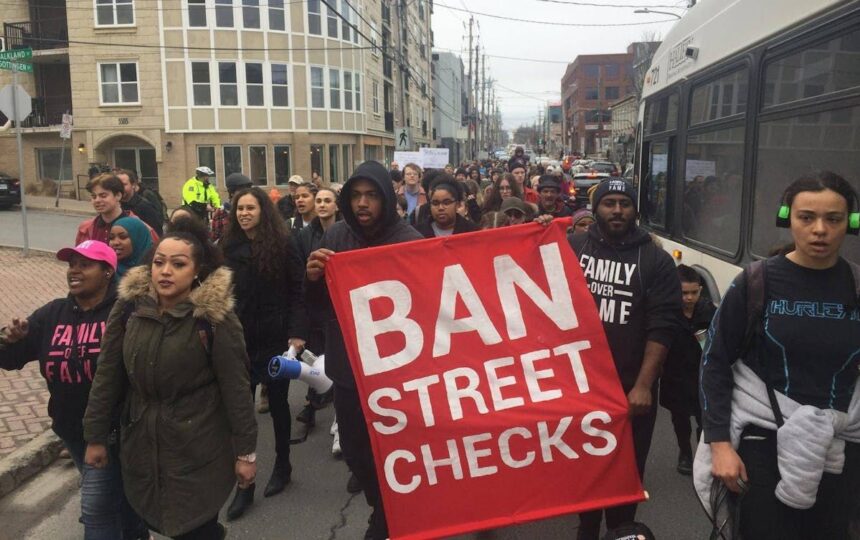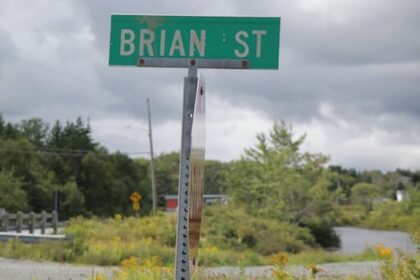A large group of people march down Gottingen Street in Halifax in March 2024 to peacefully protest Halifax Regional Police street checks. Photo by Nicole MunroArticle contentTony Mancini called it “the toughest document I had to read as a commissioner or as a councillor.”THIS CONTENT IS RESERVED FOR SUBSCRIBERS ONLY.Subscribe now to access this story and more:Unlimited access to the website and appExclusive access to premium content, newsletters and podcastsFull access to the e-Edition app, an electronic replica of the print edition that you can share, download and comment onEnjoy insights and behind-the-scenes analysis from our award-winning journalistsSupport local journalists and the next generation of journalistsSUBSCRIBE TO UNLOCK MORE ARTICLES.Subscribe or sign in to your account to continue your reading experience.Unlimited access to the website and appExclusive access to premium content, newsletters and podcastsFull access to the e-Edition app, an electronic replica of the print edition that you can share, download and comment onEnjoy insights and behind-the-scenes analysis from our award-winning journalistsSupport local journalists and the next generation of journalistsRegister to unlock more articles.Create an account or sign in to continue your reading experience.Access additional stories every monthShare your thoughts and join the conversation in our commenting communityGet email updates from your favourite authorsSign In or Create an AccountorArticle contentThe deputy mayor and councillor for Dartmouth East – Burnside was referring to Scot Wortley’s report on street checks in Halifax. Released in 2019, the Wortley report showed that Black people were six times more likely to be street checked by police than white people in Halifax.Article contentArticle contentArticle contentThe 186-page report by Wortley, a University of Toronto criminology professor, made 53 recommendations that were to be undertaken by several agencies, including the Department of Justice, African Nova Scotian communities and Halifax Regional Police and the Halifax Regional Detachment of the RCMP (HRD).Article contentThe HRP and RCMP provided an update on their progress to the Halifax Board of Police Commissioners on Wednesday.Article contentStreet checks allow police officers to document information about a person they believe could be of significance to a future investigation and record details such as their ethnicity, gender, age and location.Article contentThe Wortley report found that police in the Halifax region do more street checks than police in Montreal, Vancouver or Ottawa.Article content“It was taking place in our province, to our African Nova Scotian citizens,” Mancini said. “A lot of hard, difficult work had to be done.”Article contentArticle contentOn Wednesday, Halifax police provided updates on three recommendations from the Wortley Report: establishing a permanent data collection system to record information on all stops of civilians, supplementing police data with periodic surveys of the general public (the most recent was conducted last fall) and developing a new performance evaluation system that rewards officers for their community policing efforts.Article contentJoanne Smith, research and development co-ordinator for HRP, said the police force has been working with experts in training communications, diversity and inclusion, and data analysis in establishing a permanent data collection system.Article contentThe collection system would record information on all stops of civilians, on both traffic stops and stops involving pedestrians, and the information collected would include: reason for the stop, the outcome, whether the person or vehicle was searched by police and whether they were consent or investigative searches, or searches that took place after an arrest. The age, gender and racial background of the person stopped would also be recorded.
Halifax police forces provide update on recommendations from Wortley report on street checks











